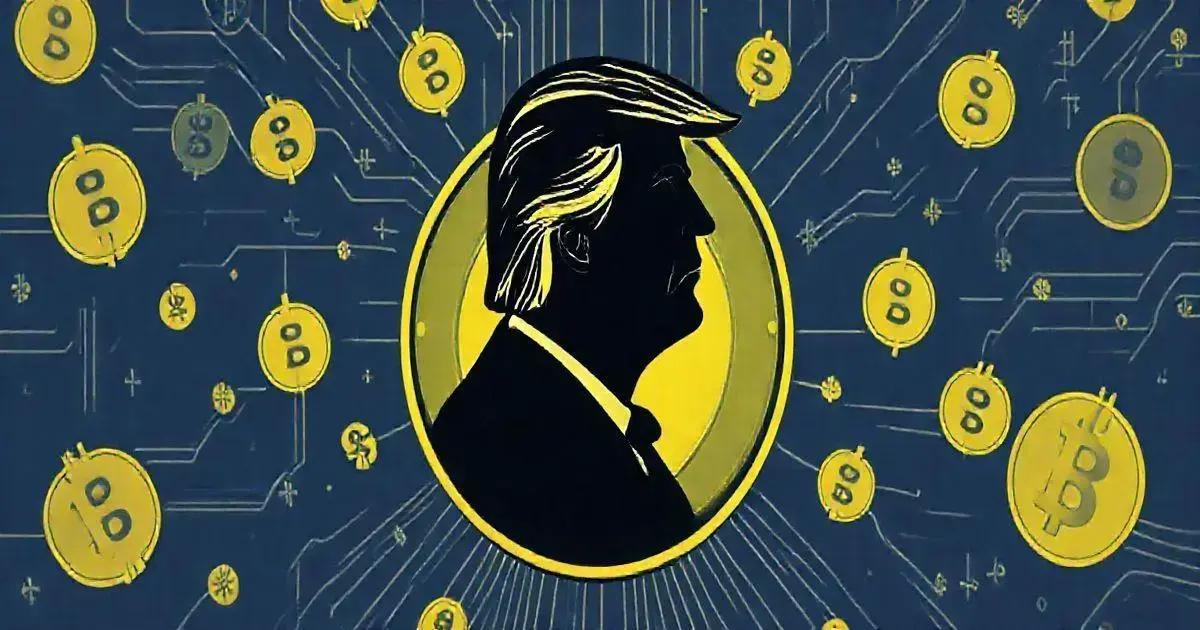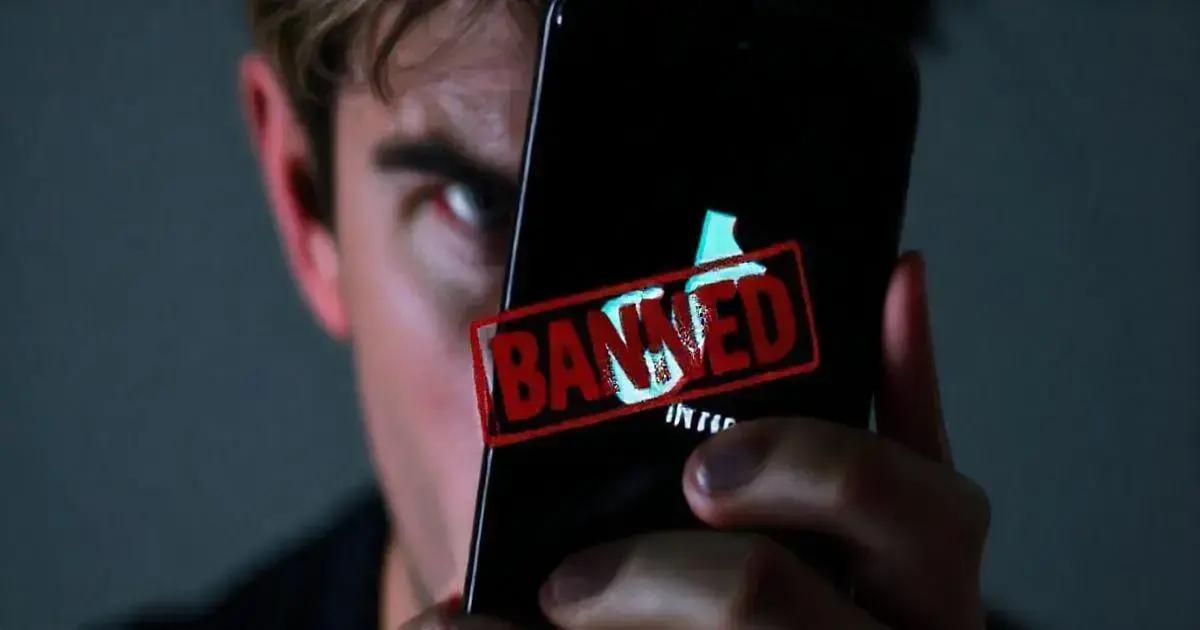TikTok Ban: What You Need to Know About the Social Media Shutdown
The TikTok ban has significant implications for users and content creators, causing loss of community and economic opportunities, while prompting migration to alternative platforms such as Instagram Reels and YouTube Shorts. Political concerns about national security and data privacy have also emerged, influencing U.S.-China relations and leading to potential new regulations for foreign-owned apps.
TikTok ban has created a ripple effect among users and content creators alike. As millions of Americans wake up to an unavailable app, there is a blend of uncertainty and curiosity in the air. In this blog, we will discuss the impact of the TikTok ban on users, explore the future of content creation post-ban, and delve into the political implications of this shutdown. Grab a seat as we uncover what the ban really means for social media.
Impact of TikTok Ban on Users
The impact of the TikTok ban on users has been significant, affecting millions of individuals across the United States. Many users are waking up to find that they can no longer access their favorite app for entertainment, creativity, and connection. This abrupt disruption has led to a wave of emotions ranging from frustration to confusion.
Loss of Community
For many, TikTok was more than just an app; it was a community. Users have built friendships, shared life moments, and found support through their networks. The sudden shutdown cuts off a vital social outlet, potentially leading to feelings of isolation.
Economic Impact on Creators
TikTok has been a source of income for numerous content creators. With the app unavailable, many creators worry about their financial stability. Some have even reported significant revenue differences when comparing TikTok to other platforms like Instagram.
Seeking Alternatives
As the TikTok ban unfolds, users are actively seeking alternatives. Many are moving to platforms like Instagram Reels and YouTube Shorts in search of similar features. However, transitioning to these new platforms isn’t seamless, and users may find that they miss TikTok’s unique engagement and creative tools.
The implications of the TikTok ban extend beyond just missing a social media app. It affects individual livelihoods, community connections, and the broader landscape of social media. As users adapt to these changes, they are left wondering what the future holds for their digital interactions.
Future of Content Creation Post-Ban
The future of content creation post-ban on TikTok is uncertain yet promising, as creators pivot to new platforms. With TikTok’s shutdown, many are exploring alternatives to continue sharing their talents and ideas. This transition will encourage innovation among content creators.
Emergence of New Platforms
As TikTok users search for similar platforms, apps like Instagram Reels and YouTube Shorts are stepping into the spotlight. These platforms offer features that allow creators to produce short, engaging videos. Many creators will likely adapt their content styles to fit the unique attributes of these new environments.
Adapting Content Strategies
Content creators will need to develop new strategies to engage their audiences. With the TikTok audience having its own unique preferences, understanding the audience on different platforms becomes crucial. Creators might start mixing various content styles, such as combining storytelling with visual effects and interactive elements.
Building Stronger Communities
With changes in platform preferences, there is an opportunity for creators to build tighter-knit communities. By utilizing chat features, live-streaming, and other communication tools, creators can foster more meaningful connections with their followers. Community-driven content can help retain audience trust and loyalty in this transitional period.
The path forward for content creators will require adaptability and resilience. By embracing new platforms and exploring innovative content strategies, they can continue to inspire, entertain, and engage their audiences despite the challenges posed by the TikTok ban.
Political Implications of the TikTok Shutdown
The political implications of the TikTok shutdown are profound, affecting not only users but also the wider landscape of digital policy and international relations. The government’s decision to ban TikTok highlights growing tensions over data privacy and national security, particularly concerning foreign-owned apps.
National Security Concerns
Lawmakers argue that TikTok, owned by Chinese company ByteDance, poses a potential risk due to its data collection practices. They believe that the app can be a tool for surveillance and that user data could be accessed by the Chinese government. This concern over national security is driving the narrative behind the ban.
Impact on U.S.-China Relations
The ban may escalate the ongoing trade tensions between the United States and China. It showcases a broader strategy of the U.S. government to limit Chinese influence in digital spaces. This event may lead to retaliatory actions from China, affecting American companies operating there.
Regulatory Precedents
The TikTok ban could set a new precedent for how similar apps are treated in the future. It raises questions about free speech and the extent of government control over digital platforms. Future regulations may emerge as governments seek to safeguard user data while balancing the interests of companies.
As TikTok navigates this complex environment, it will likely play a critical role in shaping discussions around privacy legislation and digital rights, influencing not only how content is created and shared but also the policies governing these spaces.
What Lies Ahead for Social Media and Its Users
The bid to ban TikTok has sent shockwaves through the social media landscape, impacting millions of users and reshaping content creation.
As users seek alternative platforms, it becomes crucial for creators to adapt their strategies within new digital spaces. The evolving environment presents opportunities for innovation, community building, and engagement.
Moreover, the political undertones of the shutdown suggest far-reaching implications for foreign-owned apps, national security discussions, and the regulatory landscape. Each of these factors will play a role in guiding the future of social media.
Ultimately, as the digital world adapts to the absence of TikTok, the resilience of both users and creators will determine the trajectory for social media engagement in the years to come.
FAQ – Frequently Asked Questions about the TikTok Ban
What is the TikTok ban and why was it implemented?
The TikTok ban refers to the government’s decision to prohibit the app due to national security concerns related to data privacy and foreign ownership.
How has the TikTok ban affected its users?
The ban has left millions of users unable to access the app, impacting their community connections and economic opportunities as content creators.
What platforms are users migrating to after the TikTok ban?
Many TikTok users are turning to alternative platforms like Instagram Reels and YouTube Shorts to continue sharing their content and engaging with audiences.
What are the political implications of the TikTok shutdown?
The shutdown raises concerns about national security, impacts U.S.-China relations, and may set new regulatory precedents for foreign-owned apps.
How can creators adapt their content strategies post-TikTok ban?
Creators can develop new strategies by exploring different formats, engaging with audiences through live streaming, and building communities on alternative platforms.
What does the future hold for content creation in light of the TikTok ban?
The future of content creation might see more innovation as creators adapt to new platforms, but it depends on ongoing discussions about digital rights and regulatory measures.

